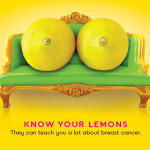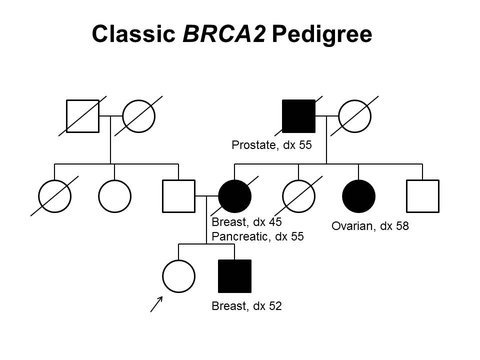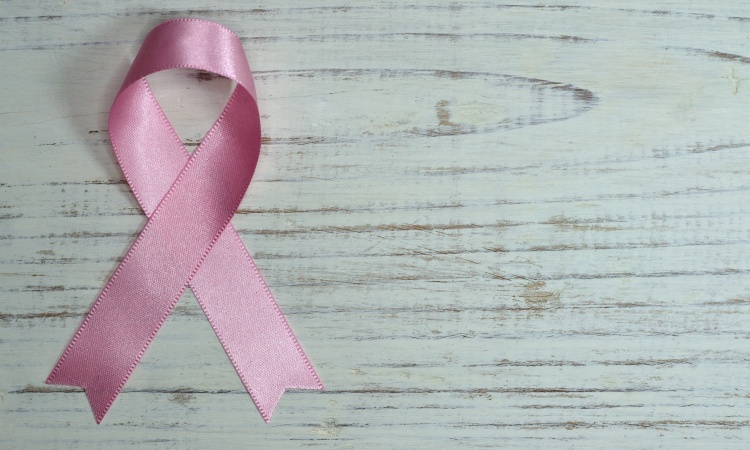© Scientific Animations Inc.
News • Difficult decisions
5 things women under 40 should know about breast cancer
Breast cancer is rare for women under 40. So, a breast cancer diagnosis can be shocking news for a young woman to hear.
“Breast cancer in young women can have its own risk factors and traits, and young women have their own considerations when deciding on a treatment,” says Nadine Tung, MD, head of breast medical oncology and cancer genetics at Beth Israel Deaconess Medical Center (BIDMC). “At the Young Women’s Breast Cancer Program at BIDMC, we help women navigate these difficult decisions.” The following 5 things should be considered when dealing with the issue of breast cancer.
1: Know your breasts
A lump is not the only sign of possible breast cancer. Although these don’t always indicate breast cancer, some other signs to watch for include discharge coming from the nipple or an inverted nipple. “Younger women who have breast cancer may ignore the warning signs because they believe they are too young to get breast cancer,” said Tung. “Call your doctor immediately if you find a lump or experience any other changes in your breast.
Recommended article

News • #knowyourlemons
Breast cancer awareness – with a twist of lemon
Worldwide Breast Cancer, a global health charity focused on finding breast cancer better, uses Know Your Lemons, an innovative campaign and educational tool to teach a diverse population about breast cancer symptoms and detection.
2: Know your family history

In younger women, breast cancer is more likely to result from genetics. If you’re 45 or younger and have been diagnosed with breast cancer, consider genetic testing to determine if you’ve inherited a cancer-causing gene, such as BRCA1 or BRCA2. Many genes that increase your breast cancer risk can be identified through a blood test.
3: Know other risk factors
Family history is not the only risk factor for breast cancer in younger women. Others include: Previous high-dose radiation to the chest, early onset of menstrual periods (before age 12), late age pregnancy or no previous pregnancy, dense breasts on mammogram, heavy alcohol consumption, obesity, sedentary lifestyle.
4: Know how to find the right doctor
If you are diagnosed with breast cancer, it's important to find the right healthcare team to work with you. You may see several different types of oncologists (cancer specialists), including medical, surgical, and radiation oncologists. Your healthcare team should be experienced with all the new treatments and approaches including genetics, neoadjuvant therapy (chemotherapy before surgery) and immunotherapy. “New therapies that fight cancer using a person’s own immune system (immunotherapy) are particularly effective to treat triple-negative breast cancer, which is a type of cancer more often found in younger women,” said Tung.
Recommended article

News • Interactive tool
Breast cancer: Improving patient knowledge of treatment options
Breast cancer patients face complex decisions about their treatment. “Knowledge is a key component of decision making, and yet it’s consistently low even among patients who have received treatment. We need better tools to make these decisions more informed,” says Sarah T. Hawley, Ph.D., MPH, professor of internal medicine at Michigan Medicine. Hawley and colleagues from the Cancer…
5: Know it's ok to ask questions
Receiving a breast cancer diagnosis is overwhelming at any age. For younger women, there may be some unique challenges to consider, including fertility or other areas of reproductive health.
Source: Beth Israel Deaconess Medical Center (BIDMC)
05.10.2019











